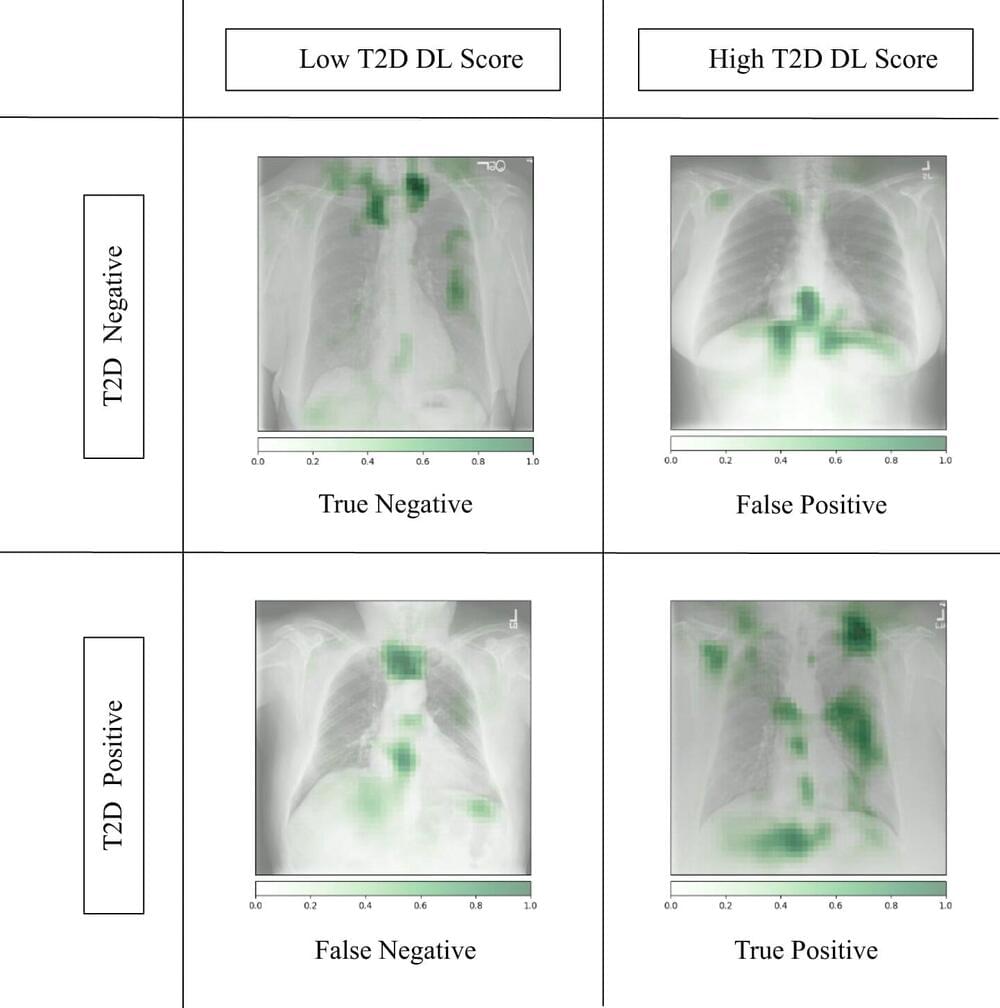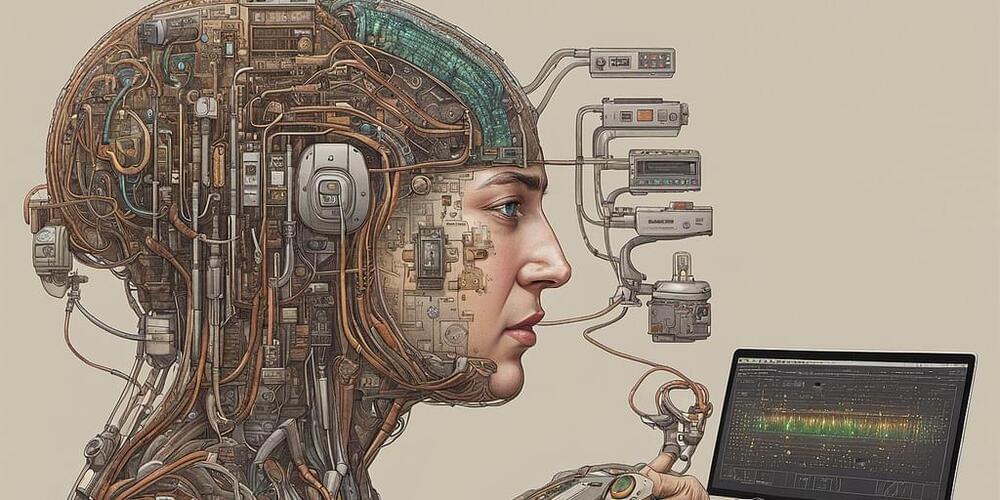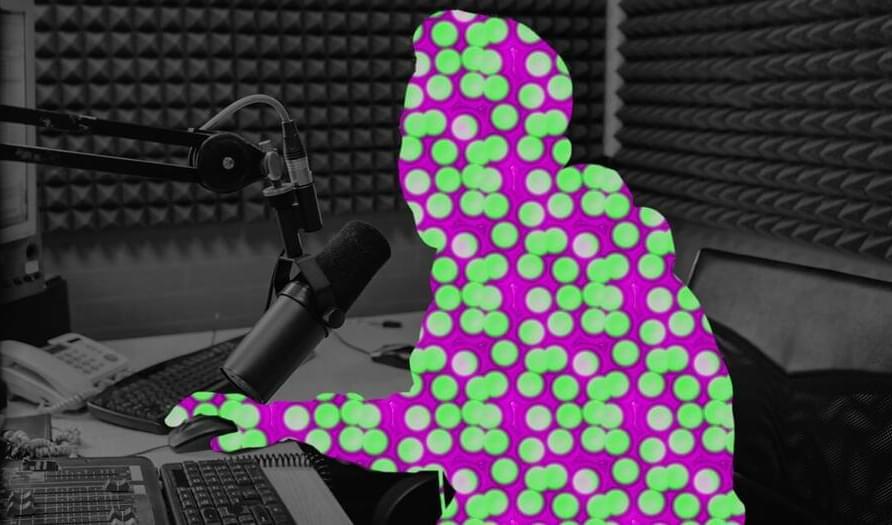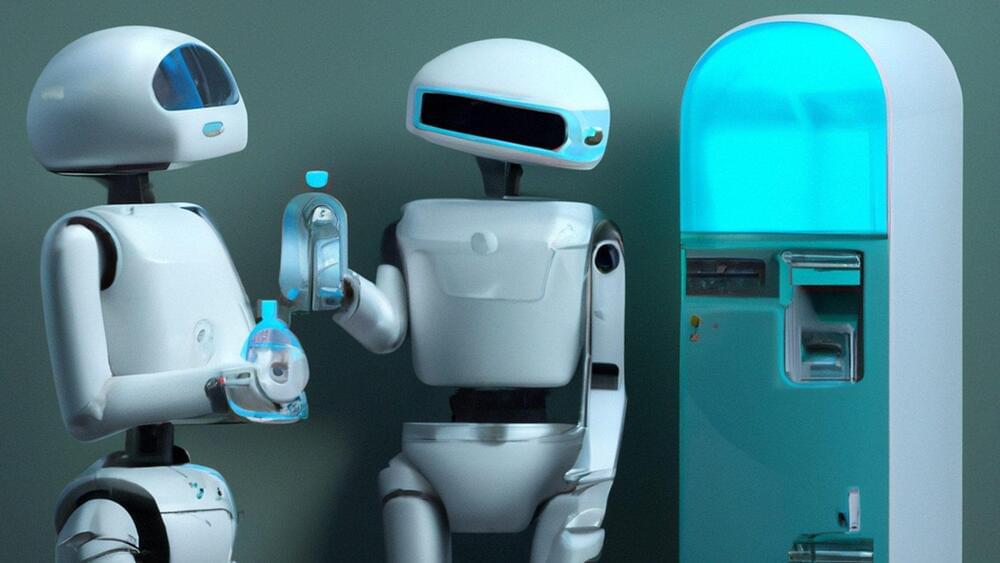Introduction to george hotz and connor leahy.
The debate opens with introductions to the two featured guests — George Hotz and Connor Leahy. Hotz is described as a maverick hacker known for daring technical exploits like jailbreaking the iPhone. His hacker skills are likened to the technical finesse of Elon Musk combined with the wit of Tony Stark. Leahy is introduced as a steadfast defender of AI safety, determined to safeguard humanity from potential threats posed by artificial intelligence. His goal is to “break the damning prophecy and render us super saved.”
George hotz’s opening statement: intelligence and power.







